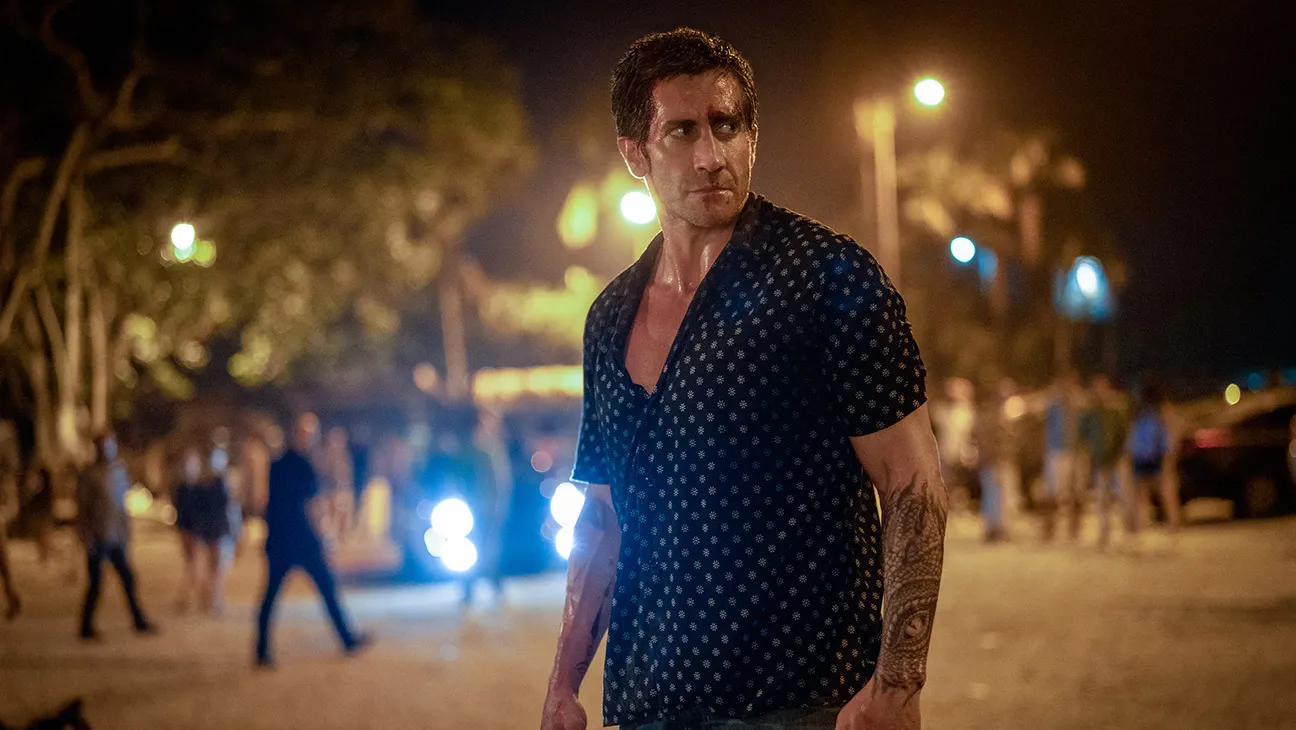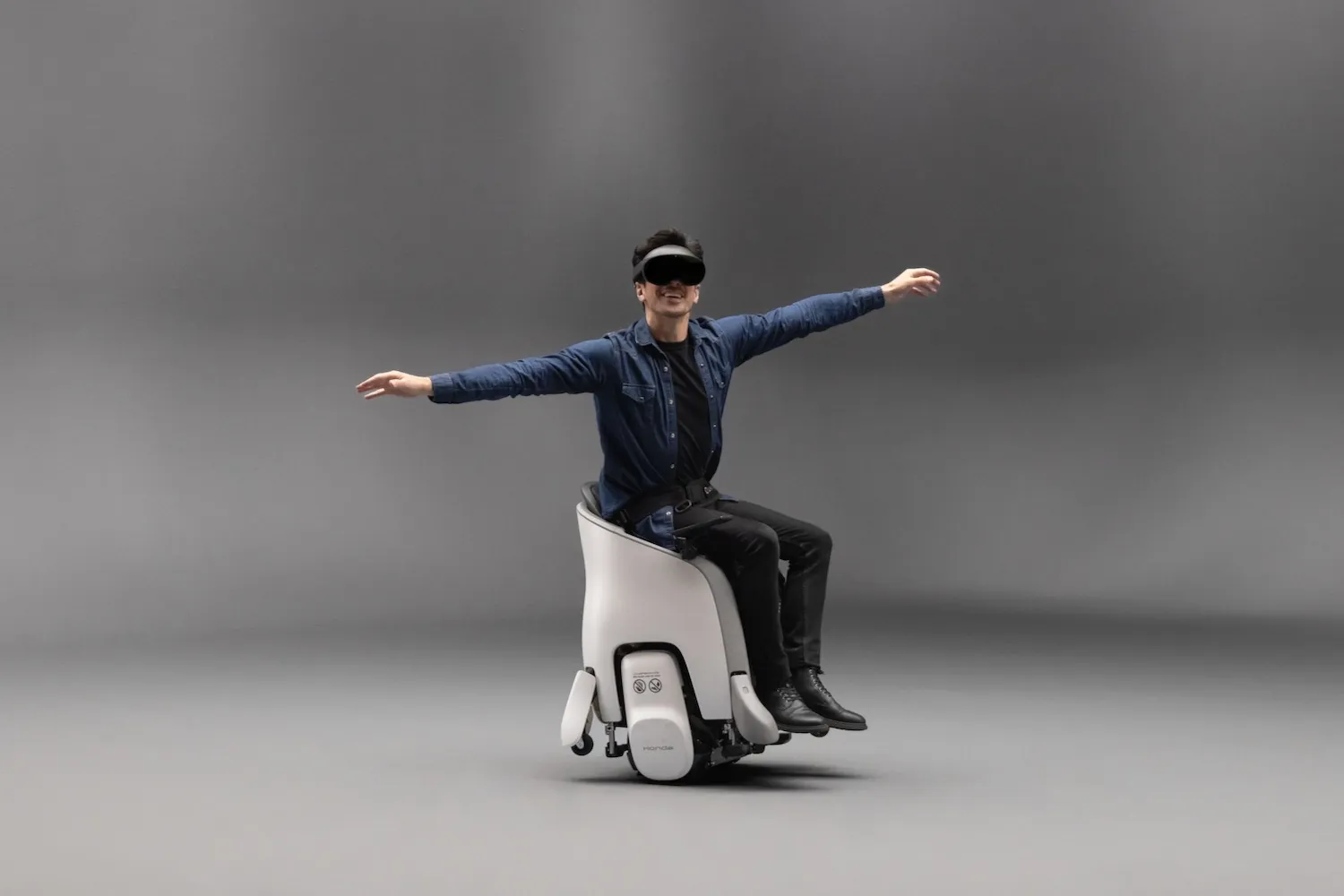In the wake of swirling rumors and a subsequent copyright infringement lawsuit, Amazon Studios has taken a firm stand denying allegations that artificial intelligence (AI) was used to replicate actors’ voices in the production of the “Road House” remake. The film, featuring Jake Gyllenhaal and Conor McGregor, has been under the spotlight not just for its star-studded cast but also for the controversies surrounding its production process.
Key Highlights:
- The remake of the 1980s classic “Road House” encountered numerous production challenges, including delays and changes in casting.
- Amazon Studios has categorically denied using AI for voice replication in the film, amidst rumors and speculation.
- The production of “Road House” concluded in October 2022, with additional shooting in December, prior to any industry strikes.

Understanding the Controversy
The heart of the controversy lies in claims that Amazon Studios resorted to using AI technology to replicate the voices of actors amid production challenges. This allegation has raised significant concerns within the industry, especially among actors and copyright holders, regarding the ethical and legal implications of using AI in filmmaking. The use of AI to mimic human voices without consent could potentially revolutionize the industry but also poses questions about creativity, authenticity, and copyright infringement.
Amazon’s Response
Amazon Studios has firmly refuted these claims, asserting that no AI technology was employed to complete the “Road House” remake during any production hiccup. This denial comes amid wider discussions on the role of technology in the creative process and the boundaries of its application in the arts.
The Road Ahead for “Road House”
As “Road House” navigates through the controversies, the focus remains on the implications of AI in filmmaking. Amazon’s denial emphasizes the studio’s stance on adhering to traditional production methods and respecting the integrity of the creative process. However, the broader debate on the use of AI in the entertainment industry is far from over, highlighting a pivotal moment in the intersection of technology and copyright law.
Conclusion:
The controversy surrounding “Road House” underscores a critical juncture for the film industry, as it grapples with the integration of AI technology. While Amazon’s denial puts to rest rumors about the use of AI in this instance, it opens up a larger conversation about the future of filmmaking, the protection of intellectual property, and the ethical considerations of AI use. As we move forward, it will be crucial for industry stakeholders to navigate these challenges thoughtfully, ensuring that innovation does not come at the expense of creativity and copyright integrity.




























